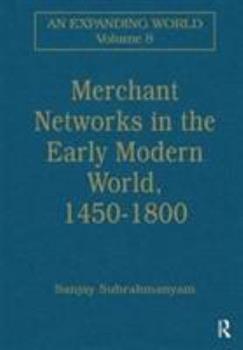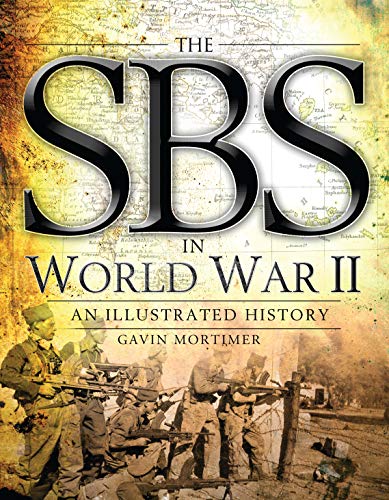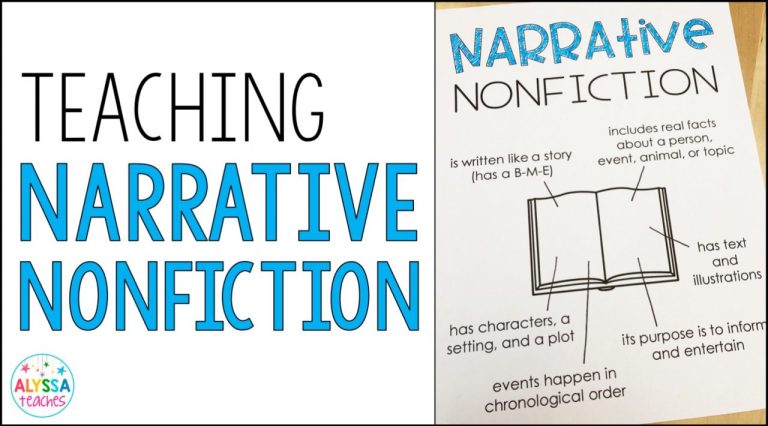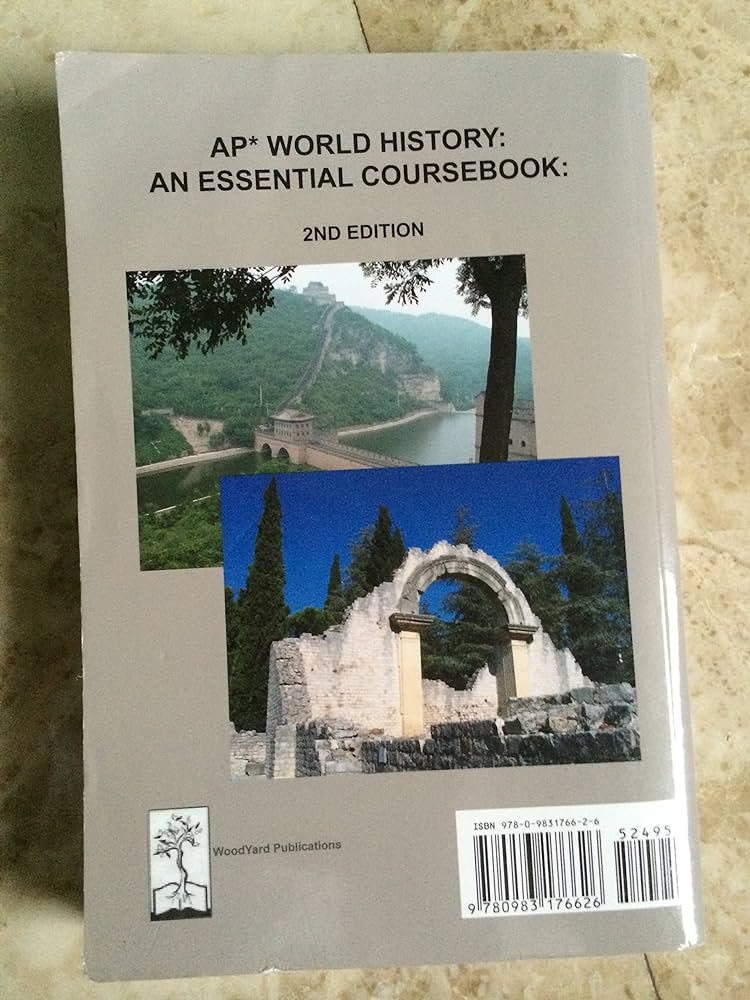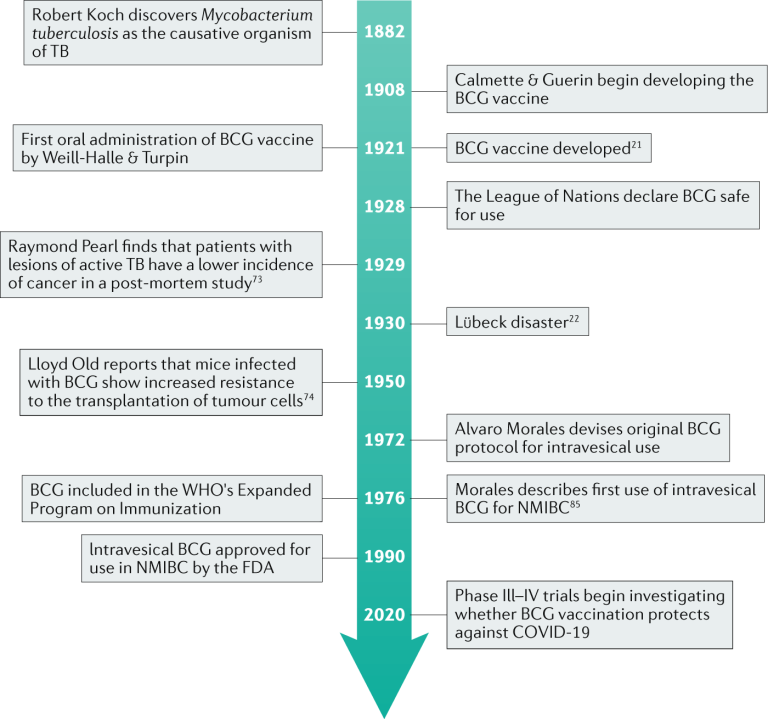An Expanding World The European Impact On World History 1450-1800
The period between 1450 and 1800 marked a period of great change in the world, with the expansion of European powers into other areas of the world having a profound impact on world history. This period saw a shift in the balance of power in the world, with Europe becoming the dominant force in global politics, economics, and culture. This period of European expansion was marked by a number of events, such as the establishment of colonial empires, the growth of global trade, the spread of European culture, and the development of new technologies. This period also saw the rise of new nations and the rise and fall of various empires. The expansion of Europe and its impact on world history during this period cannot be overstated, and it is a period that continues to shape the world in which we live today.
Pre-1450 Europe: Social, Political, and Economic Factors
Prior to 1450, Europe was a continent of diverse societies and cultures. From the medieval kingdoms of the Franks to the city-states of Italy, Europe had a variety of governments, religious beliefs, and economic systems. Despite this diversity, Europe was also home to a few key social, political, and economic factors that had a major impact on its evolution.
One of the most important social factors was the prevalence of the feudal system. The feudal system was a hierarchical structure in which lords and vassals held power and land in exchange for loyalty and service. This system gave rise to powerful families and alliances that would shape Europe for centuries to come.
Politically, Europe in this period was divided into a number of small states, each with its own laws and customs. The rise of the nation-state would not come until after 1450, but the concept of loyalty to a single ruler was already firmly established by this time.
Economically, Europe was a continent of trade and commerce. With the growth of cities and towns, merchants and traders had a great deal of influence in the region. This would be further strengthened by the emergence of powerful trading networks such as the Hanseatic League, which dominated European trade in the Middle Ages.
The world was about to change drastically in the years to come, but pre-1450 Europe was already the foundation for the European superpower that would emerge in the centuries ahead. By understanding the social, political, and economic factors of the time, we can gain a better understanding of the European impact on world history from 1450 to 1800.
European Imperialism & Exploration: Expanding the World
The Age of Exploration and Expansion, from 1450-1800, saw a tremendous surge in European imperialism and exploration. Spanning over two centuries, it was an unprecedented period of growth for European countries, who sought to dominate the world at a rapid pace. This period of European imperialism and exploration saw a dramatic reshaping of the world, as European nations established colonies in distant lands, creating new trade routes, and sharing their culture and values with the locals.
The exploration of the world during this period was driven by a variety of factors, such as economic expansion and the search for new resources. European nations also sought to expand their political and religious influence, as well as to convert locals to Christianity. This period of exploration, imperialism, and expansion, led to a dramatic increase in the wealth and power of many European nations.
The Age of Exploration and Expansion also saw the rise of the slave trade, as European nations sought to increase their labor and resources by enslaving people from other parts of the world. This period marked a major turning point in world history, as the world shifted from an agrarian economy to one dominated by industrial and technological advances.
This period of European imperialism and exploration had a lasting impact on world history, as it reshaped the world’s political, economic, and cultural landscape. It also had a profound effect on the environment, as Europeans introduced new species to the New World and caused destruction to existing ecosystems. This period of exploration and expansion also led to the formation of new nations, as European nations sought to control and dominate more land. The European impact on world history during this period was immense, and its legacy still resonates in the world today.
European Colonization & Trade: Exploitation of Resources
The period of European exploration and colonization between 1450 and 1800 was marked by rapid expansion, as European nations sought to expand their influence and wealth around the world. This expansion was often accomplished through the exploitation of resources in the colonized regions, including natural resources and the labor of the native population.
Europeans brought large-scale agricultural systems and methods with them to their colonies, which could often increase the amount of land being used for food production. They also extracted natural resources such as timber, minerals, and spices from their colonies, which could be used to create new products or increase trade and commerce. As the European nations grew more powerful, they often forced their colonies to provide resources at inexpensive rates, and even to pay taxes to the colonial authorities.
In addition to exploiting resources, Europeans had a major economic impact on the world through their trade networks. These networks created a global economy by connecting far-flung regions and allowing goods to move freely between continents. European nations used their trading networks to demand resources from their colonies, often at very low prices. These same networks allowed some colonies to become wealthy through the sale of their resources to European markets.
The European colonization and exploitation of resources between 1450 and 1800 had a major impact on world history. This period of European expansion created a global economy and changed the balance of power between Europe and the rest of the world. It also had a major effect on the native populations of the colonies, who were often exploited for their resources and labor.
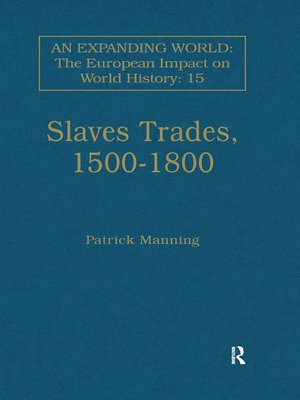
European Cultural & Religious Influence: Creating a Global Culture
The period between 1450 and 1800 saw a dramatic increase in European cultural and religious influence around the world. This period was a period of great exploration, with Europeans discovering new lands and cultures and bringing their own beliefs and customs with them. As a result, the world experienced a dramatic shift in culture, with European values and beliefs becoming increasingly influential. This period saw the emergence of a truly global culture, with Europeans bringing their language, literature, art, music, and other aspects of their culture to different parts of the world. The influence of European culture and religion was particularly strong in the Americas, Africa, and Asia, where it had a profound effect on local cultures. The European impact on world history during this period was immense, and it can still be seen today in many aspects of our lives. From language to literature, art to music, and religion to culture, the European influence around the world is undeniable. This period in history fundamentally changed the way the world works, and it continues to be felt today.
Resistance and Rebellion: Challenging European Authority
From the late 15th century to the early 19th century, Europe’s rise to world prominence saw the colonization of many parts of the world. However, the imposition of European authority on native populations did not come without resistance. In many cases, this resistance was met with brutal force, but in others, it resulted in a rethinking of the way Europe and the world interacted. This blog section will explore the various ways in which native populations around the world reacted to the imposition of European authority.
From the Caribbean to India, Africa, and the Americas, native populations used a variety of tactics to resist the spread of European power. In the Caribbean, the Maroons, escaped slaves from the plantation system, formed communities in the hills and swamps that provided refuge and protection. In India, the Mughal Empire’s decline resulted in the rise of local rulers who used their authority to resist European control. In Africa, the Ashanti Empire fought off European forces for much of the 18th century, and in the Americas, native tribes used guerrilla tactics to harass European forces.
In addition to physical resistance, native populations also used intellectual and religious means to challenge European authority. In India, for example, intellectuals such as the poet Mirza Ghalib and the reformer Raja Ram Mohan Roy argued for a more rational approach to religious and political life. In Africa, the religious movement known as “Ethiopianism” offered an alternative to European Christianity.
The European impact on world history between 1450 and 1800 was both expansive and far-reaching. While many native populations were unable to resist the spread of European power, there were those who fought back in both physical and intellectual ways. This blog section has explored some of these ways in which native populations around the world responded to the imposition of European authority.
The Legacy of European Expansion: Long-Term Social, Political, and Economic Impacts
From the late 1400s to the early 1800s, Europeans began to expand their reach across the globe. As a result of this period of exploration, colonization, and imperialism, the world was forever changed. European expansion had a lasting impact on social, political, and economic structures in both the colonized countries and Europe itself.
The social impact of European expansion was far-reaching. Colonization led to cultural exchange and the diffusion of European ideas, religions, and values. This in turn led to acculturation and the emergence of hybrid social systems. In Africa, for example, traditional tribal systems were disrupted and replaced by military and political structures based on European models.
The political implications of European expansion were equally profound. Colonization resulted in the imposition of European legal and political systems on colonized countries. In some cases, this led to the establishment of colonial empires, in which the colonizing nation held political control over the colonized country. In others, it led to the emergence of puppet states, in which the colonized country had nominal independence but was in reality controlled by the colonizing nation.
The economic impact of European expansion was also significant. Colonization led to the exploitation of natural resources and the extraction of wealth from the colonized countries. In the New World, for example, resources such as gold and silver were taken back to Europe, while in Africa, slaves were taken to the Americas to work in plantations. As a result, the economies of Europe and the colonized countries were interlinked in a system of global economic exchange.
Overall, the legacy of European expansion was profound, and its impact can still be felt today. By examining its long-term social, political, and economic consequences, we can better understand both the past and the present.
FAQs About the An Expanding World The European Impact On World History 1450-1800
1. What countries were involved in the European Impact on World History from 1450 to 1800?
Answer: During this period, the European empires of Spain, Portugal, France, and the Netherlands played a major role in shaping world history. These countries were involved in trading, colonization, and conquest in Africa, Asia, and the Americas.
2. What was the result of the European Impact on World History from 1450 to 1800?
Answer: The result of the European Impact on World History from 1450 to 1800 was the spread of European powers and their cultural, political, and economic influences around the world. This period saw a huge growth in European trade and colonization, as well as the establishment of new colonies and empires.
3. How did the European Impact on World History from 1450 to 1800 affect other parts of the world?
Answer: The impact of the European Impact on World History from 1450 to 1800 was felt around the world. Many parts of the world were colonized, leading to the displacement of indigenous peoples and the spread of European culture, languages, and beliefs. In addition, many parts of the world saw an influx of European goods, which had a significant impact on local economies.
Conclusion
The European Impact on World History from 1450-1800 was enormous. As Europe expanded its influence through colonization, trade, and technological advances, it forever changed the world. European countries were able to spread their ideologies, religion, and culture to the rest of the world, resulting in rapid economic growth and transformation. In addition, they were able to take advantage of new resources and markets, as well as establish strong trading networks. This period of European expansion had a lasting influence on the world, and it is clear that it was an important factor in the development of global history.
